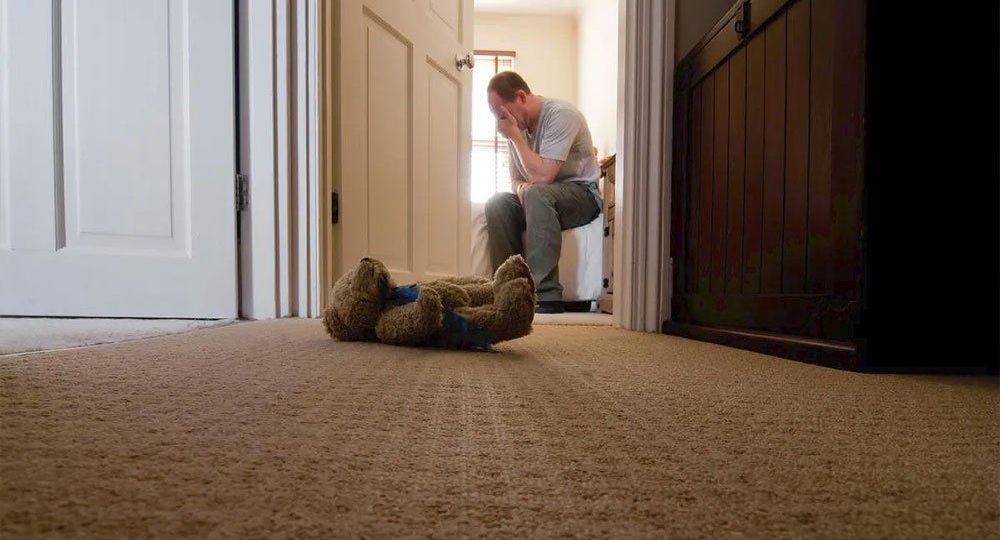
He would have been 16 this month.
Tall, like his father and mother; athletic, like his dad; probably with a hockey stick in one hand and a basketball or something similar in the other, maybe a volleyball. Or a beer in his other hand, who knows. Kind and loving, like his dad and mom and his brothers. Handsome, like them too. Interested, energetic. Just starting out.
He was not meant to be though: Hunter Oliver Davis, born and died on the same day, christened then buried. In many ways though, he lives with us still. He lives with us as a scar, mostly healed, on his parents’ hearts. On a tiny plaque in a family cemetery plot. In the hockey arenas of our minds. And, not at all voiceless, he lives in a lesson he might give us, a message from the heart.
A word, first.
If it’s one thing this family knows, it is stillbirth, an oxymoron of the first order, the death of someone who has yet to live. Years before, my wife and I lost two babies, one at term, one just a couple weeks before. One minute, our daughters were there inside their mother, thriving and kicking, overhearing their parents debate what genderless paint colour to use in the nursery. The next moment they were gone from us, unnamed, unclaimed and in the practice of the day, discarded like unnecessary organs — not christened, not named, not acknowledged. On both occasions, we went home to an empty nursery, though as I think back, it was not entirely vacant. It held our grief, quickly buried in the activity of working and living, and in the practices of the day. Not a good thing.
“It’s sad, I know, but you’ll get over it,” my mother said, German and practical to the core. Not cruel, the words grew out of her generation and culture. And we did, or thought we did — quietly burying our grief, hiding the depth of our loss. Not even mentioning it; no one really ever asked. No one knew what to say.
And then came Hunter, our first grandson.
One day, his parents were filled with hope and optimism, happy and expectant, in that any-day-now manner of young parents. So were we. One day, he was alive and active in his mom’s womb. Then, quite suddenly, the kicking slowed and stopped, and he too, like his aunts three decades before him, was born, still. Unlike them though, he was named, christened and buried. Unlike them, we held a small funeral, a tiny ritual — appropriate you might say; he was tiny too. Grieving was permitted, even encouraged; hugs, too. Healing could happen. The sadness, expected, open and respected, slowly passed. Unlike the loss of his aunts.


